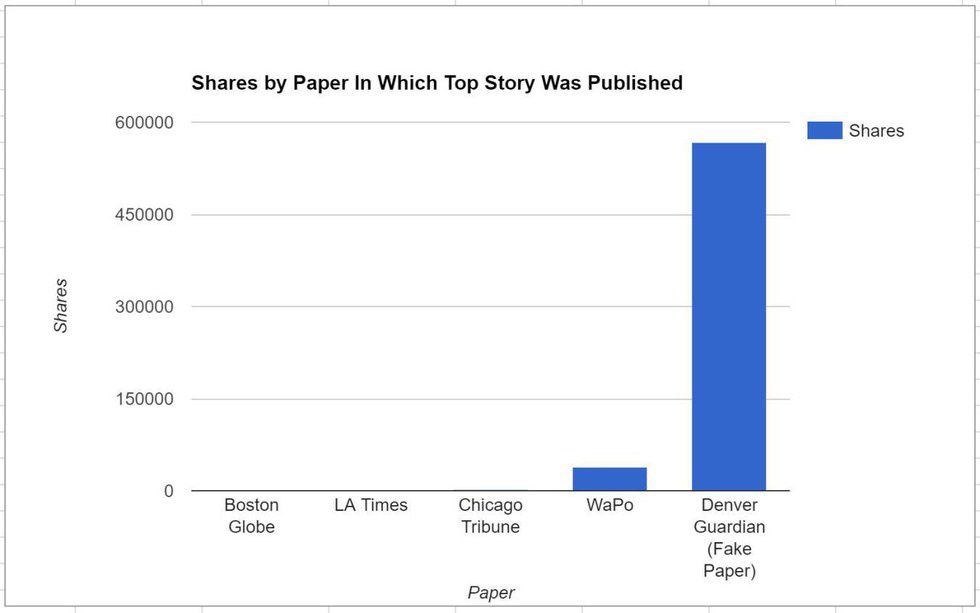Social media has a strong power to influence those who engage with the medium, which is especially true when one considers the outcome of the 2016 Presidential Election where sites like Facebook played a bigger role than ever before.
What many fail to realize is that even though they are not directly contributing to political conversations, they are still reading and potentially being influenced by these posts and are not being influenced positively. According to the Pew Research Center, less than 10% of Facebook users feel that they post “a lot” of political content, while more than double this amount feel that they see “a lot” of these types of posts. The majority of Facebook users admit that their opinions on political subjects have changed for the worst when they read these posts, instead of transitioning to a more positive viewpoint.
Where is all of this controversial content coming from, if so few admit to posting original content of this type? The most inflammatory political content that is shared on Facebook is not organically created by those who share it. The blame is to be placed on two things: Fake News, and the Filter Bubble.
Fake News is exactly what it sounds like: websites disguise themselves as legitimate news sites, and create fake, highly inaccurate news articles that the average Facebook user would take to be real. For example, days before the election, the fake news source called Denver Guardian released an article titled “FBI Agent Suspected in Hillary Email Leaks Found Dead In Apparent Murder Suicide” that was completely fake. As of November 13, Facebook’s API showed that this article had over 562,000 shares, which was over one thousand times more than any legitimate site’s stories from that day.
Boston Globe: 181 LA Times: 342 Chicago Tribune: 1774 Washington Post: 38,162 Denver Guardian: 568,252
As if Fake News was not a big enough problem to polarize the public before elections, Facebook’s Filter Bubble also greatly contributes to the public’s misinformation and hostility, as it uses an algorithm to push content that aligns with the user’s interest to the top of the feed, while simultaneously hiding posts that the reader supposedly does not agree with. If a Facebook user supported President-Elect Donald J. Trump, then more posts about “Crooked Hillary” and her scandals would statistically be more prevalent than those that would share positive information about her. Fake News often finds itself atop of Facebook feeds because of this Filter Bubble, as it merely pushes content that appears to be of interest to the user, regardless of its verity.
The media is responsible for reporting the truth, so that citizens can be accurately informed; however in an age where traditional news media and social media converge, the line becomes blurred. While it is important to value the democratization of the media so that more stories can be heard, one must keep in mind the danger of a misinformed public to society. When more fake news than real news is being read and shared as a result of something beyond the consumer’s control, it then becomes the true journalist’s responsibility to write the truth, and the individual’s responsibility to seek it out.






































